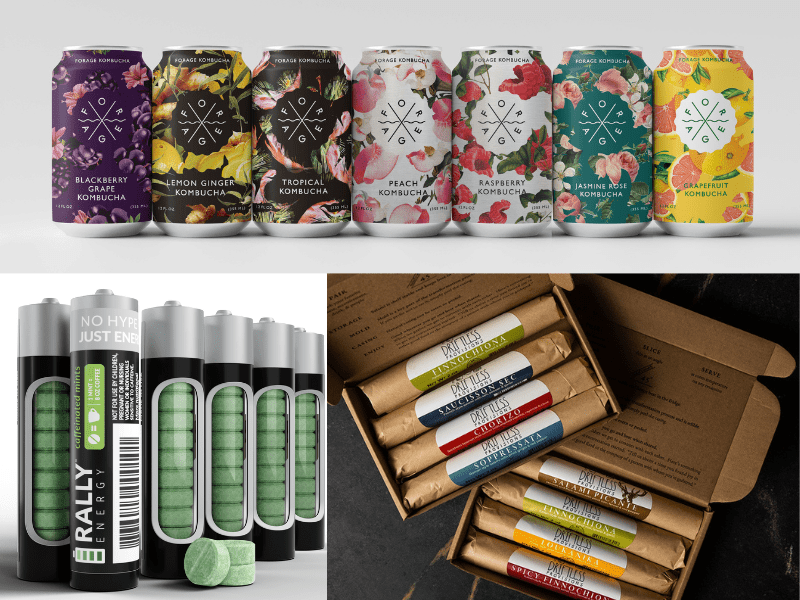Startup food businesses have a multitude of things to consider and do before they every make their product commercially for customers. Adam Haen, the Manager of Feed Kitchens, a shared-use commercial kitchen and food business incubator, walks new and aspiring food and beverage business owners through the essentials to set them up for success.
See below his advice for food business owners as they seek to get off the ground. In addition, see our podcast interview with Adam about his experience working with food entrepreneurs at FEED.
Adam’s Advice For New and Beginning Food Entrepreneurs
- Have a plan
- Know what you want
- Find your niche
- Work with a professional to solidify your plan
- Have something on paper
- Set timelines
- Find a Mentor
- Someone you can bounce ideas off
- Years of experience
- Incorporate
- Talk to your accountant
- Pick the correct form for you (LLC, S-Corp, Sole-Proprietor)
- Get your EIN
- Look into Copyrights
- Find the right Insurance
- Get multiple quotes
- Talk to independent agents
- Get the right coverage
- Find the right facility for you
- Hourly vs. Monthly
- Access hours and availability
- Storage and security
- Work with professionals
- Family and friends are great, but they might not be what is best for your business
- Spend the time and money do get it done right the first time
- Check references and know who you are working with
- Know your surroundings
- What changes with each season?
- Where is the best place for you, what works when?
- Who should you be working with?
- Don’t undervalue yourself/product
- Price properly, don’t start too low because you can handicap your future
- Know what your time is worth
- Take pride in what you do and let it show
- Know your bureaucracy
- Who is your inspector?
- When do licenses expire (there is no proration)
- Who do you need to talk to that actually knows what is going on and can/will help you?
- Keep Learning
- Read as much as you can about as many subjects as possible
- Check prices and products on a regular basis
- Talk to people who are successful in your field and learn from them
- Attend classes and go to hear speakers whenever possible
- Use the resources available
- Work with organizations like WWBIC, SBDC, SCORE, SBA
- The UW has great programs that are available every semester, look into them
- Interns are cheap (or free) and can be an amazing resource
- Social media is your friend. Take the time to use it
- Make it easy for people to find you. Have a web presence and phone number that are easy to find

